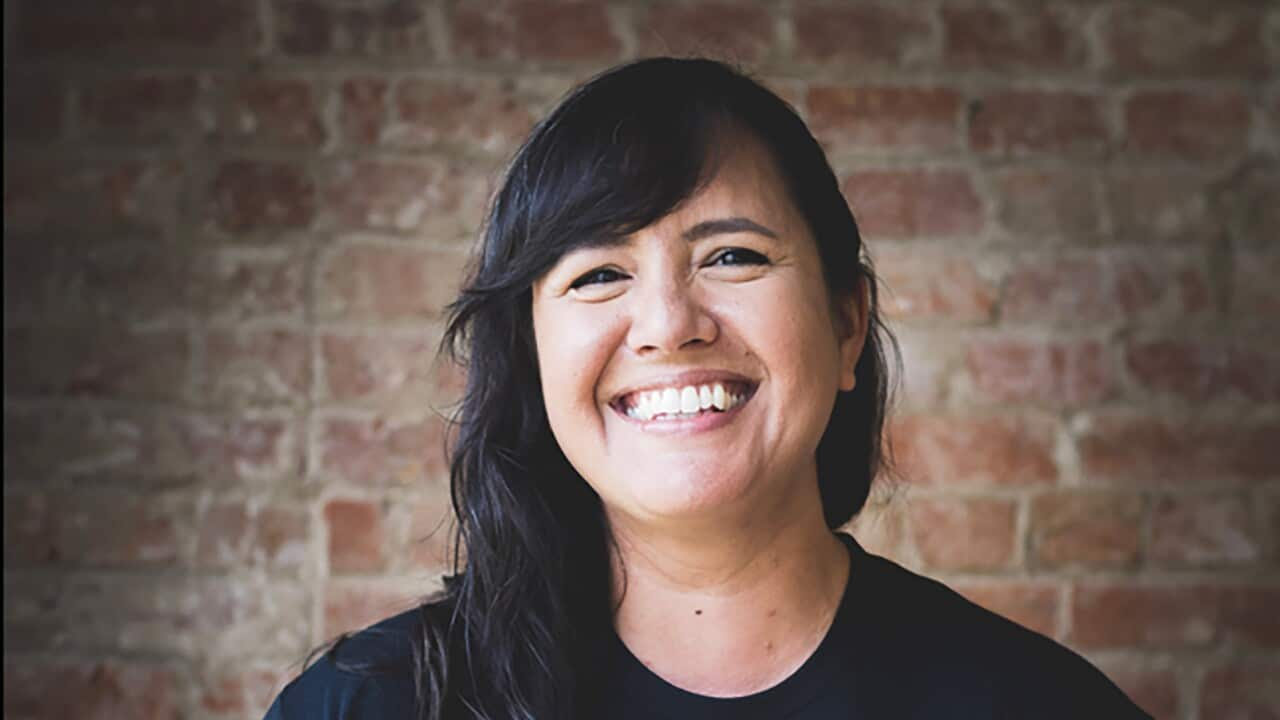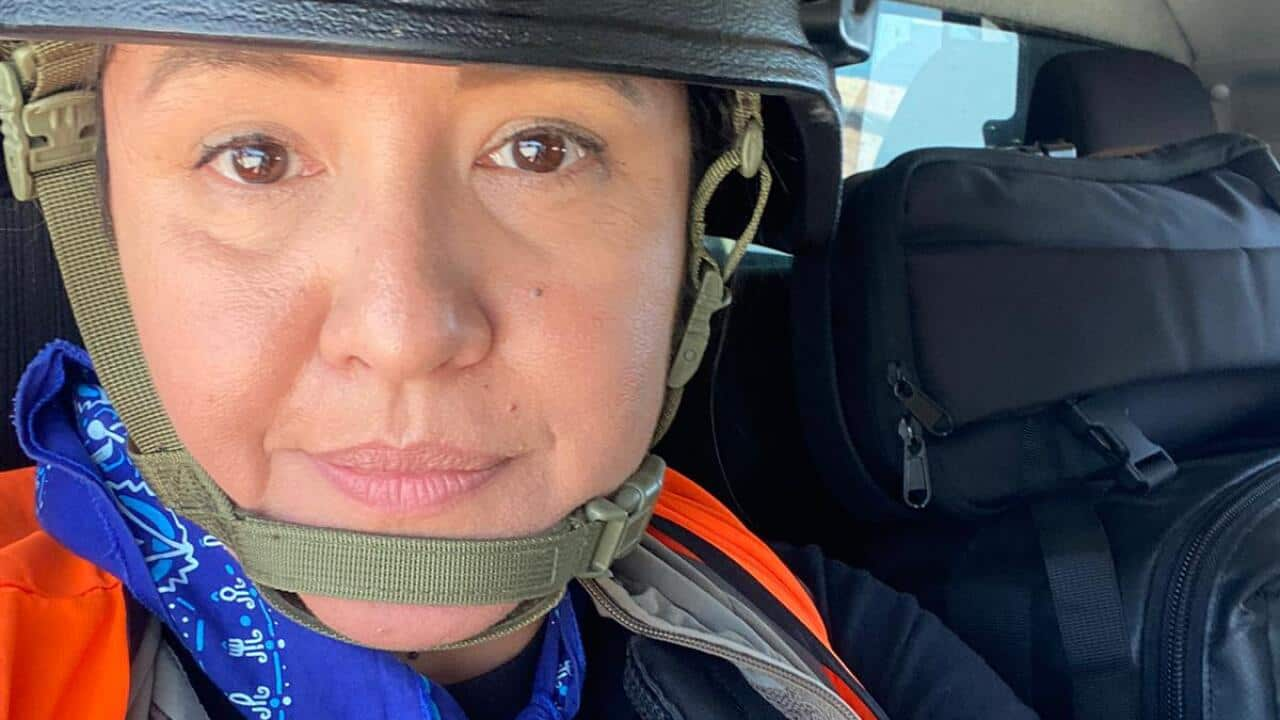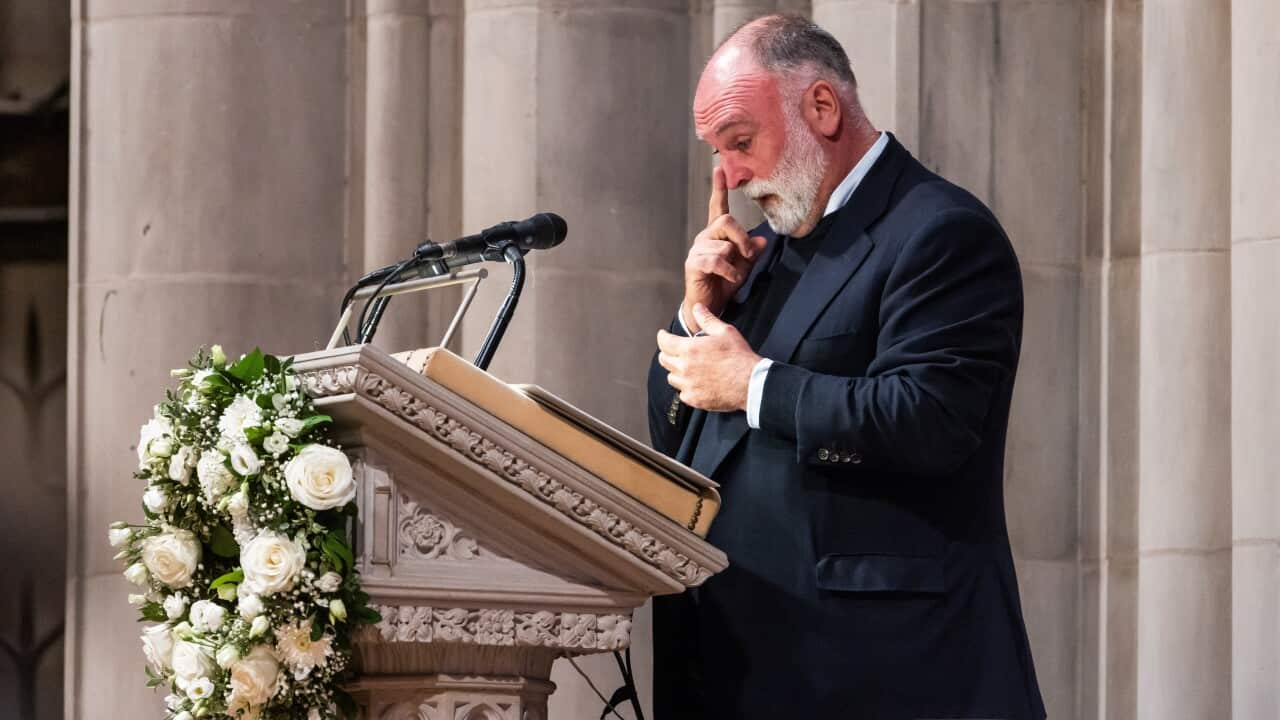Key Points
- Australia is launching a new initiative designed to drive action to protect aid workers in conflict zones.
- It comes after Australian aid worker Lalzawmi "Zomi" Frankcom was killed in an air strike in Gaza in April.
- Foreign Minister Penny Wong said calls for compliance with international humanitarian law are not being heard.
Five months after Australian Lalzawmi "Zomi" Frankcom was killed in an air strike, Australia is launching a new initiative designed to drive action to protect aid workers in conflict zones.
Frankcom and when the Israeli Defence Forces launched strikes as aid workers delivered food at night in early April.
Following an investigation, Israel said the military officials involved in the strike had violated policy by acting based on a single grainy photo that one officer had contended — incorrectly — showed one of the seven workers was armed.
Now, Foreign Minister Penny Wong will meet with humanitarian leaders and ministerial counterparts at the UN General Assembly High-Level Week in New York to push for a new Declaration for the Protection of Humanitarian Personnel.
The Declaration is designed to provide support and protection for human rights defenders in the context of their work.
Wong said 2024 is on track to be the deadliest year on record for aid workers.
"Australia is deeply concerned by this trend. It signifies that the rules and norms that protect humanitarian personnel are at risk, with consequences for current and future conflicts," she said in a statement.
"It also signifies that calls for compliance with international humanitarian law are not being heard."
Wong said Gaza is the "deadliest place on earth" to be an aid worker.
"We want to ensure that their tragic deaths are not in vain and do not continue.
"Now is the moment for the international community to rededicate itself to the protection of aid workers in conflict zones."
Last year was the deadliest on record for aid workers, with more than 280 killed and many more wounded and kidnapped.
In 2024, aid workers have been killed in Sudan, South Sudan, Ukraine, Yemen and Gaza.
In a statement, Frankcom's family said they appreciated the initiative.
They said she had been driven by passion and purpose to feed and help people who needed it.
"People like Zomi are rare and their bravery and selflessness should be not only celebrated but protected. They can't be brave at any cost," the statement said.
"Zomi wasn't naive enough to believe there weren't risks, but to carry out the work she believed so passionately in, she needed to be able to trust that the deconfliction mechanisms in place would protect her. That they would be respected.
"And that the lives of humanitarian aid workers like her wouldn't be carelessly disregarded."



